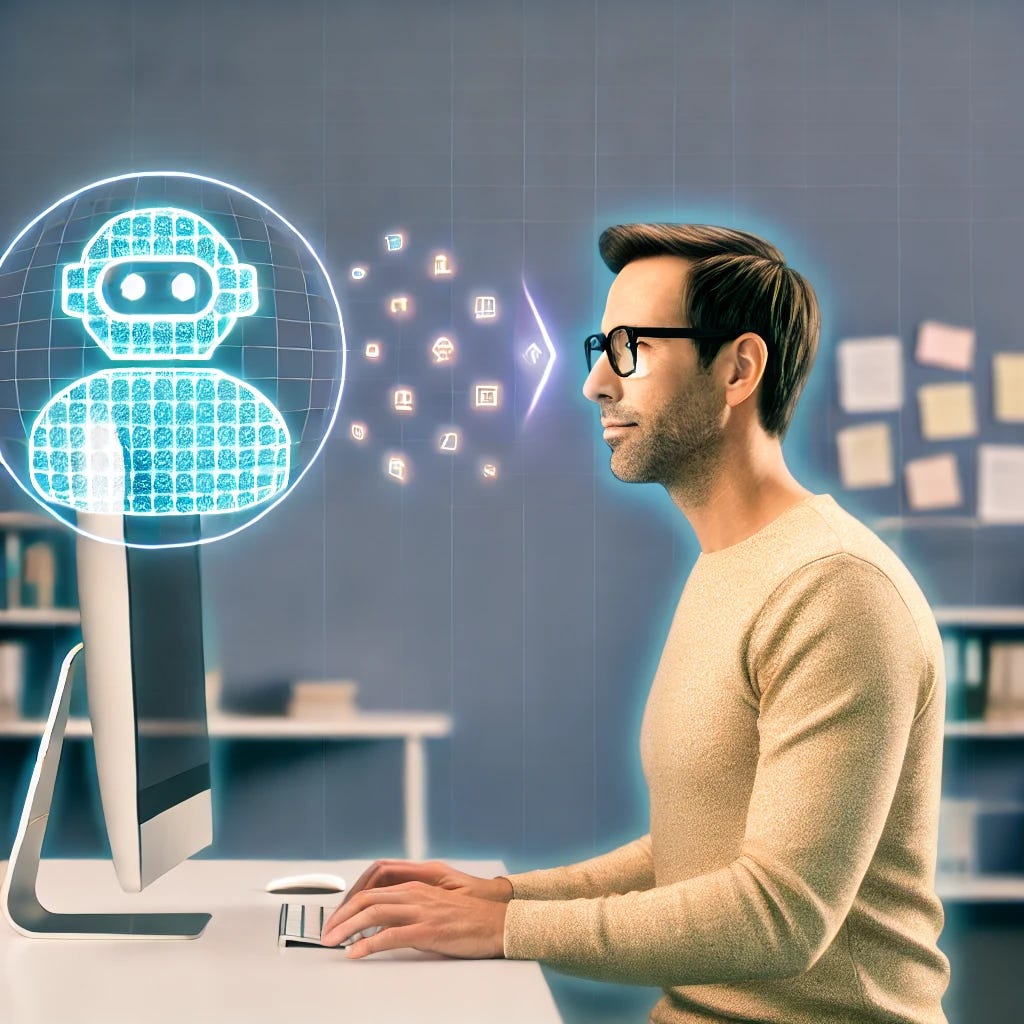This is my third post about cybersecurity tools over the last few weeks. The previous two were:
This third cybersecurity tool - using generative AI (GenAI) apps is of course a much newer sort of tool. A tool that has become increasingly useful over the lat 18 months or so as GenAI apps raced from zero to hero in the blink of an eye; not least with ChatGPT zooming to 100 million users in 60 days.
Over this last year and a half ChatGPT and some of its main rival GenAI apps have become essential, heavily used every day apps at work and outside of work for hundreds of millions of users. As impressive as the user numbers are, the far more impressive thing is how these GenAI apps have improved. They’re faster, less prone to errors and inaccurate responses (often called hallucinations), and far more capable and more useful for a wide variety of tasks.
I don’t come across as many people who work in cybersecurity using these GenAI tools regularly as I do people with other lines of work. Maybe outside the group of cyber professionals I interact with there’s a big percentage that use these tools regularly. In any case, I think they should and will become essential tools for most of us very soon. They have been for me already, and I can honestly say I am getting more out of them all the time now.
Best Uses for GenAI Apps in Cybersecurity
Keeping in mind that these tools can swallow massive chunks of data, and summarize and analyze it in a fraction of the time that humans can. They are faster than us and better than us at many similar tasks as well. So, some of the best ways we can put them to work for us, and more so with us, include:
Research: Help you learn about a new type of malware that’s trending in attacks, get up to speed on cyber crime groups targeting your industry sector, find security tools that address a security gap that your boss asked you to get information on, get peer group metrics to measure the effectiveness of a cyber initiative. These are just quick examples.
Summarize and analyze data: Use GenAI’s abilities here as a starting point when you need to work with any big chunk of data of just about any type.
Coding: Although GenAI tools will likely not produce flawless code, they have proven to produce useful code that can be edited relatively easily to fix errors and still often being a time saver.
Looking smart in meetings: GenAI apps can help you and your colleagues find out things far more quickly than with a web search - e.g. when triaging security alerts - identifying what service runs on a port, tracking down an external IP address or figuring out which threat actor is know for a specific set of attack techniques.
Helping you remember things: This one might sound basic, but then again there are A LOT of things that are super useful to remember when you’re working in cybersecurity. The memory capability of some of these apps goes well beyond the library of previous prompts. ChatGPT 4o is currently the best at remembering things about you, your general interests, the type of work you do, topics you follow closely, and anything else you chat with it about. This can feel magical at times - for example when you’re able to just pick up a chat from three weeks ago and smoothly carry on the conversation.
Continually building your knowledge: All of the things mentioned in the bullets above, and more, add up to this result. In the same way that 30 years ago the internet enabled us to learn about the world one thousand times faster than ever before (my number is probably too small here) GenAI apps now allow us to level up our knowledge at 100X or more than we ever could before.
If and when you decide to put one or more of these GenAI apps to use, you need to always remember a couple things to help you avoid bad results:
Always review the output from the GenAI app. Don’t fully trust a result without either 1) Knowing the subject well enough yourself to verify the response is solid/accurate or 2) Verifying the source links that the app used to generate its response. Again, keep in mind that these tools are not perfect and they can spit out false or offensive content.
Don’t use 100% of a response from a GenAI app - just as you shouldn’t quote all of an interesting article or report in content you produce (you maybe have a couple of excerpts that are quoted within your work).
Always cite your GenAI source when sharing bits of its response, again just as you would when quoting an excerpt from an article or a book.
I’ve written quite a few things here on Tech & Nonsense about how GenAI can augment our skills and knowledge in cybersecurity and beyond. If you have any interest in seeing some of those posts, here are a few examples:
As always, I would love to hear how you are using GenAI apps in your work or personal life, which tools you use, or any of your thoughts on this topic.









